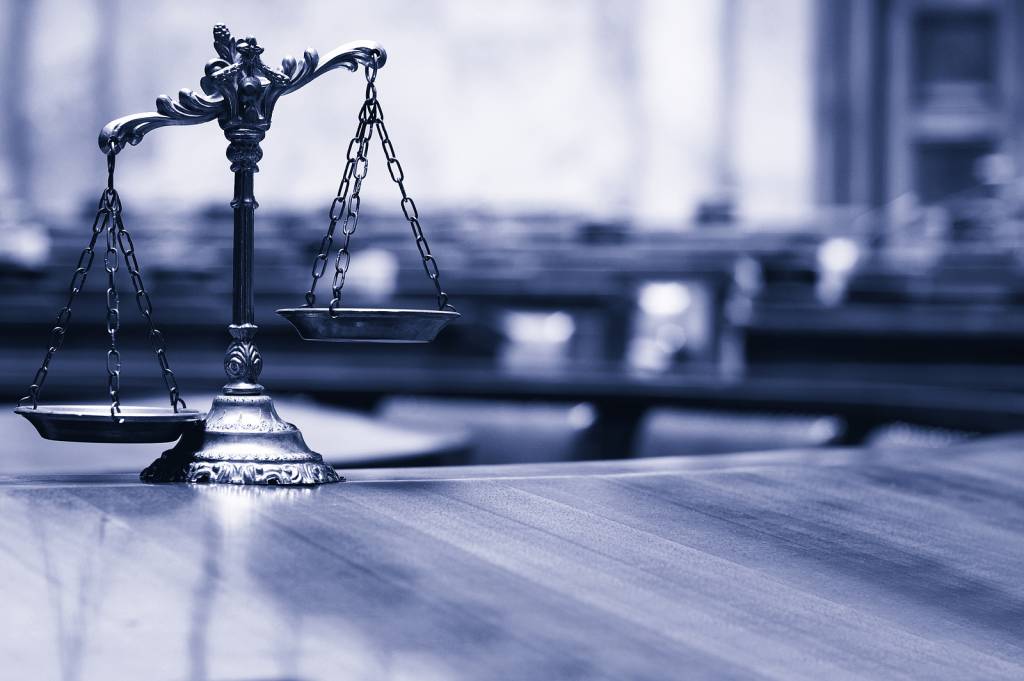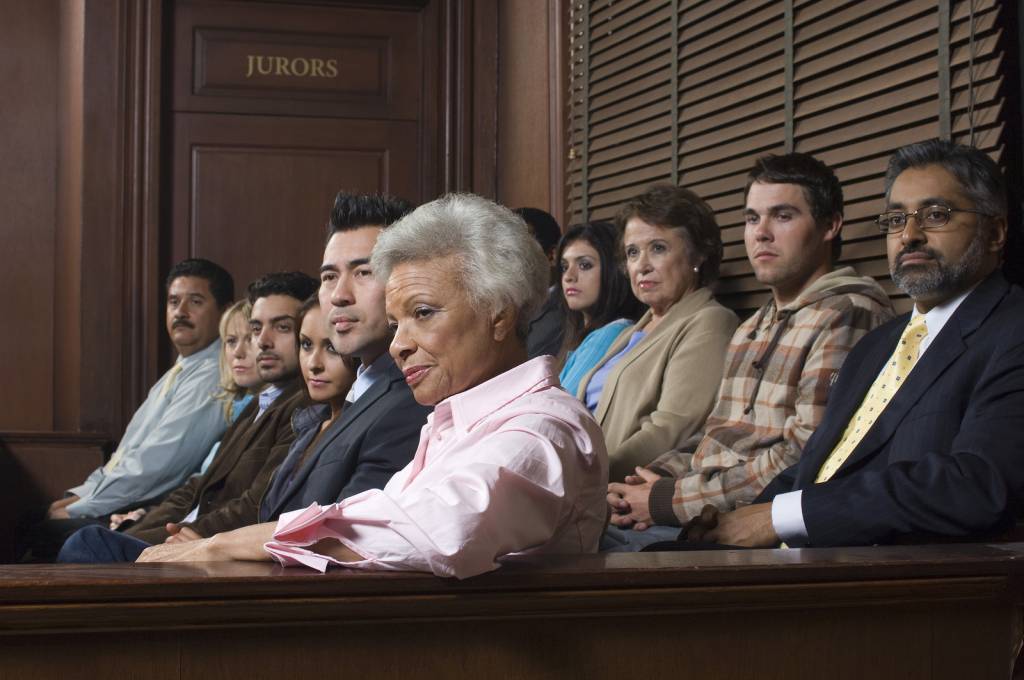As white-collar crime lawyers, we can tell you that California Penal Code considers forgery to be a white-collar crime that must prove that you falsified a signature (or seal), or counterfeited documents as part of an overall fraud scheme.
You can commit a forgery in several ways:
- If you counterfeit or forged another person’s seal or handwriting on a document.
- If you sign someone else’s name to a document without their knowledge or authority.
- If you alter, corrupt, or falsify a legal document, such as a will, property deed, conveyance, etc.
- If you falsify, alter, or publish documents such as bank bills, checks, bonds, money orders, property deeds, leases on real property, contracts, and others.
There also are related offenses that can be considered forgeries, such as:
- Credit Card Fraud
- Check Fraud
- Preparing or offering false evidence
These acts also can be considered fraud, and you can be charged with fraud for them. The crime of forgery does have a relatively broad definition in California. In all cases that usually result in charges, the prosecutor must prove that all acts involved in the case have the intent to commit fraudulent, illegal activity. In simpler terms, the prosecution has to prove that you committed the forgery with the intent of taking advantage of another to benefit your self-interests.
What Are the Possible Penalties for Forgery?
In California, forgery is considered to be a “Wobbler” offense that can be charged either as a misdemeanor or a felony. In deciding how the accused of forgery is to be charged, the court will consider the following:
- The criminal history of the defendant (the accused)
- The magnitude of the fraud offense
- The amount of loss suffered by the victim, and more
The prosecutor of the case has to prove that you had the intent to defraud the victim. Relatives or friends may have signed for a person and may have felt that they had the right to do so. These friends or family members would usually not be found guilty of forgery or fraud, as they did not have the specific intent to defraud the other party.
Simply put, the document that was faked or forged has to be proven to be used in a plan that would defraud the victim of property or money. For example, if a letter of recommendation for a job was faked or forged, the person that produced it would not usually be charged with forgery. However, if the forged letter had the intent to defraud another, they could be facing fraud or forgery charges. The burden of proof in all forgery cases most definitely lands on the prosecutor.
In a forgery case filed as a misdemeanor, you (as the defendant) can be sentenced to up to a year in jail, restitution to the victim, and usually high fines. In a case where the forgery is charged as a felony, the penalties can be much more severe. You can be sentenced to up to three years in jail, restitution to the victim(s), and even higher court fines.
Don’t make the mistake of underestimating the severity of being charged with forgery in California. If this is considered a felony, and the loss is great, and if the intent is proven, the jail time may be considerably increased. If the loss to the victim exceeded $950 (a fairly low amount), the charge is usually considered a felony. If you are charged federally, then you could be looking at decades behind bars.
If you have been charged with forgery of any type, you must immediately consult a criminal defense attorney who will be fighting for the best possible outcome of your case. These cases are legally complicated, and your criminal defense attorney can help you navigate all the aspects of your case. Even if your case is mitigated, or even dropped, your name may be tarnished for years to come. In today’s world of social media, background checks for employment, housing, etc. may be permanently and negatively altered. Your white-collar crime attorney may also be able to have these records cleared.
What Are Some of the Possible Defenses in a Forgery Case?
Forgery cases in California are indeed difficult for a prosecutor to prove in court. The intent to defraud, thereby harming the victim in legal or monetary ways, has to be proven to the court.
It is also true that these cases are legally complex and may involve multiple documents, multiple victims, and hold serious felony penalties. The nuances of the charge can be vague; for example, you may have purchased a car title that was forged, while not aware of this fact.
In this case, you lacked the intent, so most likely you would not be found guilty or even charged. Precisely due to the vague nature of forgery cases, your Los Angeles forgery defense attorney has to be aware of all the details involved. If your lawyer can create a reasonable doubt of your intent to harm, the jury may acquit.
It may be shown or proven that the alleged victim consented to your conduct. If this applies, the prosecutor will certainly want to verify this with the victim because police usually rule this out before recommending that a case be filed. It is one of the first questions the police ask when realizing a forgery is alleged.
Another defense concerns the issue of whether you committed the act knowingly. This means you may have been mistaken in what you did with no intent to defraud or receive monetary gain.
And then there is simply that the case is one of misleading evidence, i.e. you did not sign the check or alter the document as alleged. Someone else altered the document.
Be assured that an experienced attorney will prepare an in-depth and effective defense against any forgery charges you may face. Don’t gamble with your freedom or future. Consult with your criminal defense attorney immediately.








